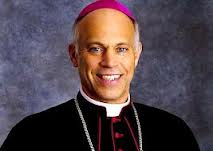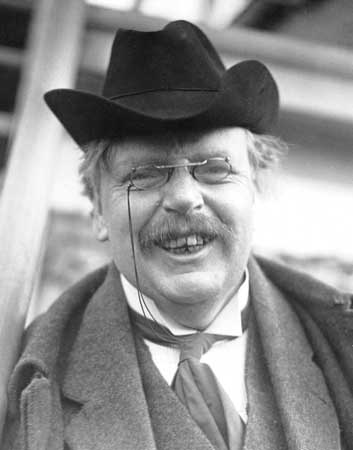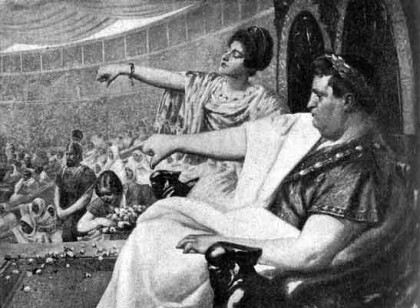Prayer and Fasting: Taking it Personally
Devra Torres | Dec 7, 2012
This morning I came across this story about an announcement by Bishop Cordileone of Oakland.

The bishops are calling on Catholics to do five specific things to advance this campaign for liberty, life and marriage. These include saying the rosary daily, attending a special Holy Hour on the last Sunday of each month, participating in a Fortnight of Freedom in the summer of 2013, including in every Mass prayers of the faithful for the causes of life, marriage and liberty, and fasting and abstaining from meat on Fridays.
I had the following reactions:
First: Wonderful! That’s what we need: bishops who will stand up for the truth!

Second: Oh…wait a minute…today’s Friday. That would mean…
Third: Well…Maybe he was just addressing Catholics in his own diocese? No, he seems to mean all of us….Well, does “fast” mean a complete fast or the traditional Catholic fast of two small meals and one normal one, with nothing in between?
Fourth: And hey, what about that rumor that coffee and tea don’t count? What about coffee with cream?

And would the abstinence part apply to me even though I already cooked a roast yesterday so I wouldn’t have to make supper tonight?

* * * * *
You see the problem. I wholeheartedly approve, in theory, but the feebleness of my will in practice surprised even me.
But I still held out the hope that I wasn't typical.
I took a look at the comments to see if everybody else’s first instinct was an attempt to worm their way out of a chance to stand up for truth and call down God’s grace on their country.
No, nobody admitted to a similar response. Someone asked indignantly why Cordileone didn’t just excommunicate Nancy Pelosi instead. There followed a remark or two about how the bishops ought to take responsibility for encouraging disrespect for the Church all these years. Non-Catholics and anti-Catholics jumped in to express their bafflement about abstinence from meat. One guy announced confidently that the custom of meatless Fridays was a conspiracy to augment the incomes of first-century fishermen.

I started to lose interest. They were missing the point, but no more spectacularly than I was.
It made me think of G. K. Chesterton asking
What’s wrong with the world?
and answering
I am.

We were all so keen to locate both the problem and the solution anywhere but within ourselves. Given a chance to make a personal sacrifice, we all moved to change the subject as fast as we could. I’d been blithely declaiming how America will never be fixed without more prayer and fasting and about the joys of standing up to evil—but ask me for a modicum of self-restraint one day out of seven, and I start to fancy myself a latter-day Daniel in the Lion’s Den.

I remembered, too, a pro-life talk I’d heard once. The speaker said, look, in asking these women to forgo abortion, we’re asking them to do something very hard. It’s the only good choice; it’s worthwhile, they'll be more at peace, but it’s very, very hard—even if they accept help from a crisis pregnancy center, even if they choose adoption.

So we who want a culture of life should probably be willing to endure a little hardship, too—the sacrifice of time and money, the inconvenience of protesting or even of taking a mother in as she waits for her baby.
In the same vein, Russ Douthat writes about addressing falling birthrates in America. He mentions encouraging procreation through tax code modifications, flexible work schedules,

and other external adjustments, but doesn’t imagine that that’s where any true solution lies:
Beneath these policy debates…lie cultural forces that no legislator can really hope to change. The retreat from child rearing is, at some level, a symptom of late-modern exhaustion — a decadence that first arose in the West but now haunts rich societies around the globe. It’s a spirit that privileges the present over the future, chooses stagnation over innovation, prefers what already exists over what might be.

It embraces the comforts and pleasures of modernity, while shrugging off the basic sacrifices that built our civilization in the first place.
Such decadence need not be permanent, but neither can it be undone by political willpower alone. It can only be reversed by the slow accumulation of individual choices, which is how all social and cultural recoveries are ultimately made (emphasis mine).
It’s tempting to think our fate hinges on the right laws, structures, policies, and leaders. These are necessary but insufficient. As long as we the people are more attached to our roast beef, Starbucks, and armchair criticism than to life and liberty, a culture of life won't materialize.
Fortunately, the God who breathes life into dry bones is perfectly capable of doing something about our misplaced priorities--if we let Him.
